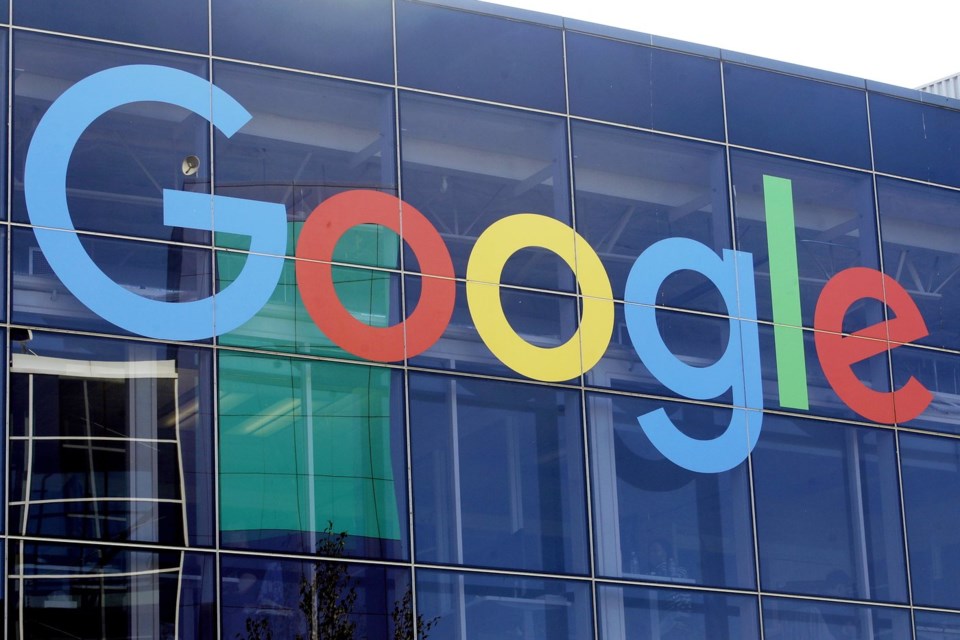Multiple carriers of petroleum-based gases traveling from the US to China have begun diverting to other countries due to the intensifying trade war between the world’s two largest economies. Four cargoes of propane have shifted their routes from China to alternate destinations over the past week, bound for countries including Japan and South Korea, according to a report from analytics firm Vortexa. At least one cargo of ethane — which is used in plastics production — has been scrapped entirely, according to a person familiar with the matter.
The diversions show the disruption to supply chains caused by the trade fight between the US and China, historically a major buyer of US ethane and petroleum gases. President Donald Trump has levied 145% tariffs on most US imports from China, and the US Trade Representative more recently imposed steep fees on Chinese-linked vessels seeking to access American ports. Eight Very Large Gas Carriers carrying US LPG were still on course for China as of this week, while the four diversions have all been recorded since April 17, according to Vortexa.

Diverted vessels include the Zakher, Maple Gas, BW Gemini and Eiger Explorer, all departing from the US Gulf Coast. The G. Arete, a propane carrier, diverted to South Korea from China, while a chemical tanker named STI Notting Hill is also rerouting to South Korea, Vortexa said.
The US exported about 310,000 barrels of propane to China per day in 2024, double the volume from a year earlier, according to East Daley Analytics. Spot ethane shipments may continue to be affected by the trade war, while committed cargoes are harder to unwind, the person said. Asia-bound flows of ethylene — used in plastics and industrial solvents — have already slowed because of seasonal factors but may be further reduced by the tariffs, the person said.
With assistance from Nathan Risser and Robert Tuttle. ©2025 Bloomberg L.P.
This article was generated from an automated news agency feed without modifications to text..
Business

Trade War Is Diverting US Petroleum Gas Cargoes Away From China

Multiple carriers of petroleum-based gases traveling from the US to China have begun diverting to other countries due to the intensifying trade war between the world’s two largest economies.















